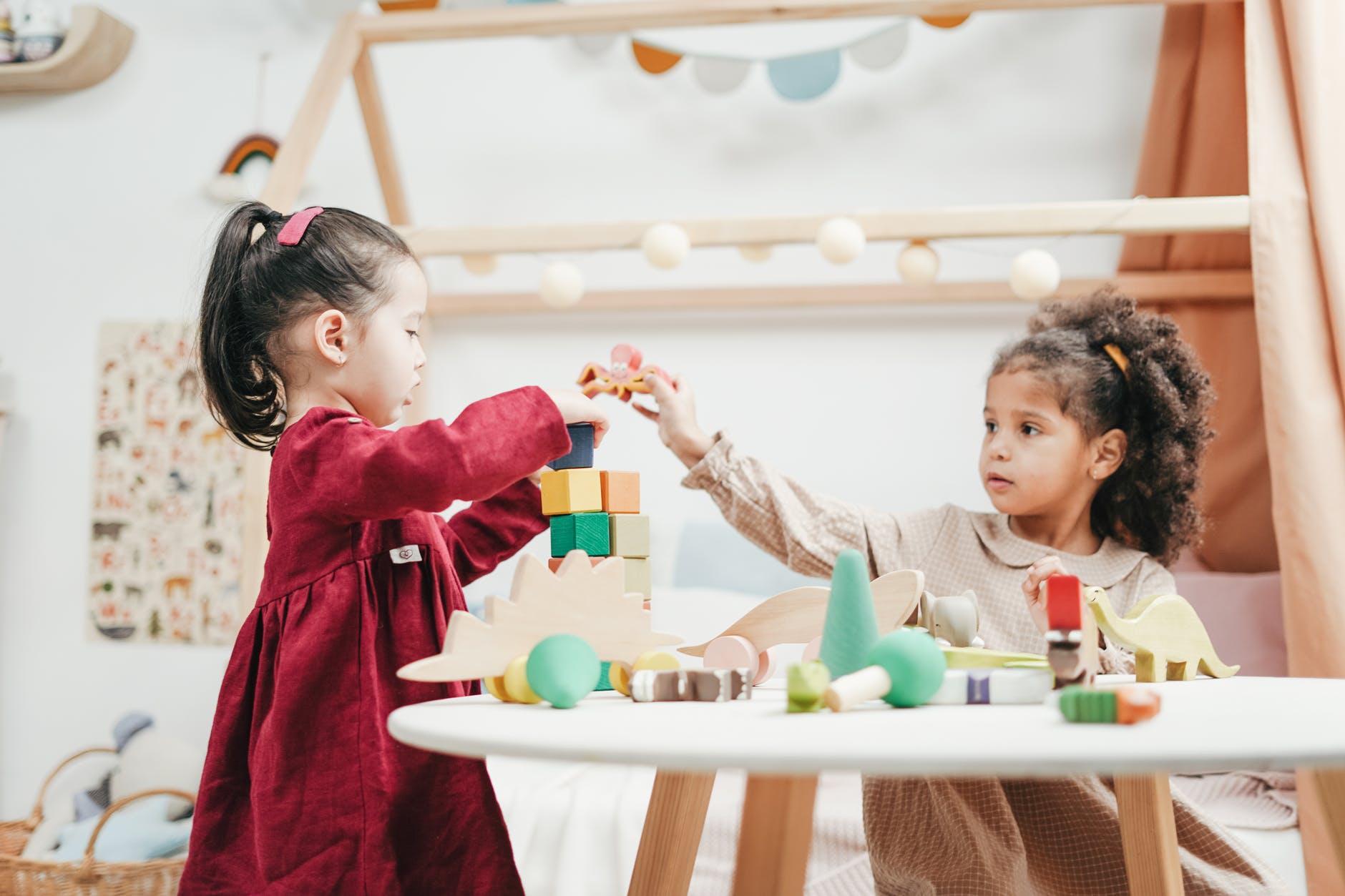In this article, we will explore how flashcards can effectively foster emotional intelligence in young children, promoting their social and emotional growth.
Identifying and Expressing Emotions:
Flashcards can serve as visual cues to help children identify and express various emotions.
Teachers can use flashcards that depict facial expressions representing different emotions such as happiness, sadness, anger, surprise, and fear.
By discussing and labeling these emotions, children develop a vocabulary to express their own feelings and recognize the emotions of others, nurturing their emotional intelligence.
Developing Empathy and Perspective-Taking:
Flashcards featuring diverse scenarios can help children develop empathy and perspective-taking skills.
Teachers can use flashcards that depict various situations, such as a child sharing a toy or someone feeling left out.
By discussing these scenarios and asking questions like “How do you think they feel?” or “What would you do in this situation?”, children learn to consider others’ feelings and perspectives, fostering empathy and understanding.
Recognizing and Managing Emotions:
Flashcards can assist children in recognizing and managing their own emotions.
Teachers can introduce flashcards that depict strategies for coping with different emotions, such as deep breathing for calming down or counting to ten to manage anger.
By associating visual cues with specific emotional regulation techniques, children learn practical ways to handle and express their emotions effectively.
Problem-Solving and Conflict Resolution:
Flashcards can be used to teach problem-solving skills and conflict resolution strategies.
Teachers can present flashcards illustrating common conflicts or dilemmas that children may encounter, such as sharing toys or resolving a disagreement.
By discussing these scenarios and asking open-ended questions, children are encouraged to brainstorm solutions, negotiate, and find mutually beneficial resolutions, promoting their problem-solving abilities and conflict resolution skills.
Building Self-Awareness and Self-Reflection:
Flashcards can facilitate self-awareness and self-reflection in children.
Teachers can use flashcards that depict different facial expressions, allowing children to identify and discuss their own emotions.
By encouraging self-reflection through questions like “When have you felt this way?” or “What makes you feel happy/sad/angry?”, children develop a deeper understanding of their own emotions and experiences, fostering self-awareness.
Promoting Positive Social Skills:
Flashcards can be utilized to promote positive social skills and behaviors.
Teachers can introduce flashcards that depict actions like sharing, helping others, taking turns, and showing kindness.
By discussing these behaviors and their positive impact on others, children learn the importance of empathy, respect, and cooperation, enhancing their social skills and building positive relationships with their peers.
Enhancing Vocabulary and Language Skills:
Using flashcards for emotional intelligence also enhances children’s vocabulary and language skills.
Through discussions about emotions, feelings, and social situations,children expand their emotional vocabulary and develop the ability to express themselves effectively.
This strengthens their communication skills and empowers them to articulate their emotions and thoughts more accurately.
Conclusion:
Flashcards, typically associated with academic learning, can be a powerful tool for fostering emotional intelligence in young children.
By utilizing flashcards to teach emotional awareness, empathy, perspective-taking, self-regulation, problem-solving, and positive social skills, teachers can help children develop crucial emotional intelligence competencies.
Incorporating flashcards into classroom activities encourages active engagement, visual learning, and meaningful discussions, enabling children to navigate their emotions,relationships, and social interactions with greater understanding and empathy.
![]()











